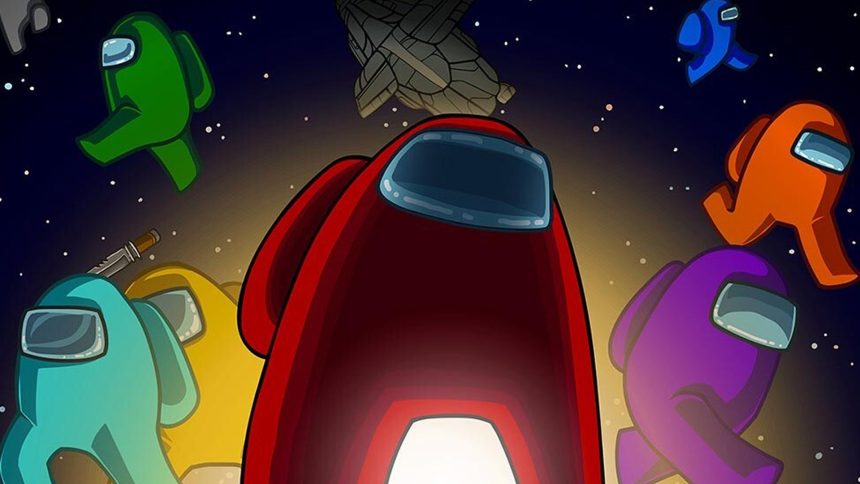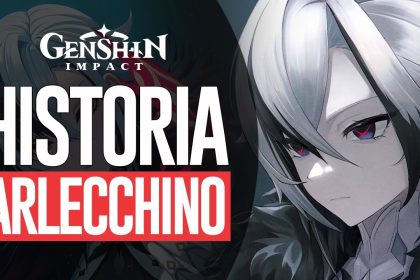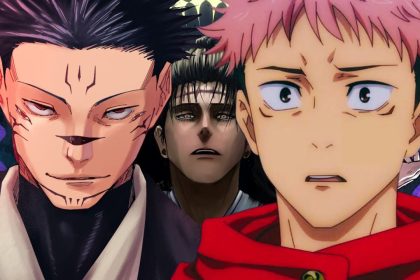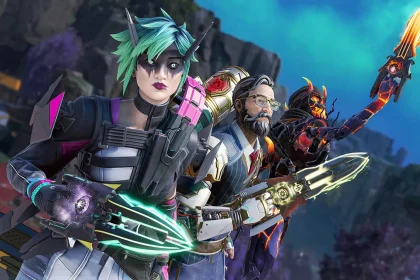Innersloth, the developer behind the hit game Among Us, has recently introduced a new initiative called Outersloth, aimed at supporting small indie game studios. This funding program was officially announced in June 2024, and it marks a significant step for the company, which has been considering such a venture since 2020.
The initiative is designed to provide financial assistance to smaller teams, with early recipients including Outerloop Games, Strange Scaffold, and Visai Games.
The first significant move by Outersloth was securing its initial title, Mars First Logistics, developed by the Australian studio Shape Shop. The revealing of Outersloth included a logo that closely resembles Innersloth’s, leading to confusion among some who worried that the name might be used improperly.
Victoria Tran, Innersloth’s communications director, reassured them that this was intentional and part of a broader strategy to eventually make a formal announcement at Summer Game Fest.
The concept for Outersloth dates back to before the Mars First Logistics deal, with discussions beginning in 2020. Innersloth’s CEO, Forest Willard, had long envisioned creating a fund like this, but it was only after the success of Among Us that it became feasible. The fund’s development required considerable planning and effort, reflecting the company’s commitment to supporting the indie game community.

Tran discussed how the idea for Outersloth stemmed from their own negative experiences with publishers offering unfavorable terms. The team’s goal with Outersloth is to create a more developer-friendly funding model that avoids exploitative practices. The fund aims to offer fair deals and support to developers based on their needs and circumstances, rather than imposing rigid terms.
Despite the success of Among Us, Tran emphasized that Outersloth’s future isn’t solely dependent on the game’s continued popularity. The fund is designed to eventually become self-sufficient, with the hope that it will sustain itself through the returns on investments in other games.
This model is intended to ensure that the fund does not drain resources from Innersloth, maintaining a balance between supporting other developers and sustaining the company.
Tran clarified that Outersloth is not a publisher but a fund focused on providing financial support. Unlike traditional publishers, Outersloth does not promise marketing, QA, or localization services, although it may offer advice and assistance where possible. The fund aims to support self-sufficient teams that can make the most of the funding without relying on additional services.
The types of games Outersloth supports are varied, and Tran highlights that their focus is more on the “vibes” and the people behind the projects rather than specific genres or game types. This approach reflects a commitment to backing passionate developers regardless of the game’s style or scope, promoting diversity and innovation within the indie game scene.
Tran expressed hope that Outersloth will inspire other funding models within the industry, particularly in light of recent challenges and layoffs in the gaming sector.
She envisions a landscape where different funding approaches coexist, helping to sustain a healthy and diverse gaming ecosystem. Tran also noted the importance of support from larger companies and hopes that successful entities will consider contributing to the industry’s growth and health.
Tran’s reflections on Outersloth emphasize a dedication to improving conditions for indie developers and creating a positive impact in the industry. She believes that successful companies have a role to play in nurturing new talent and fostering a supportive community, even if this means prioritizing people and creativity over profit.







